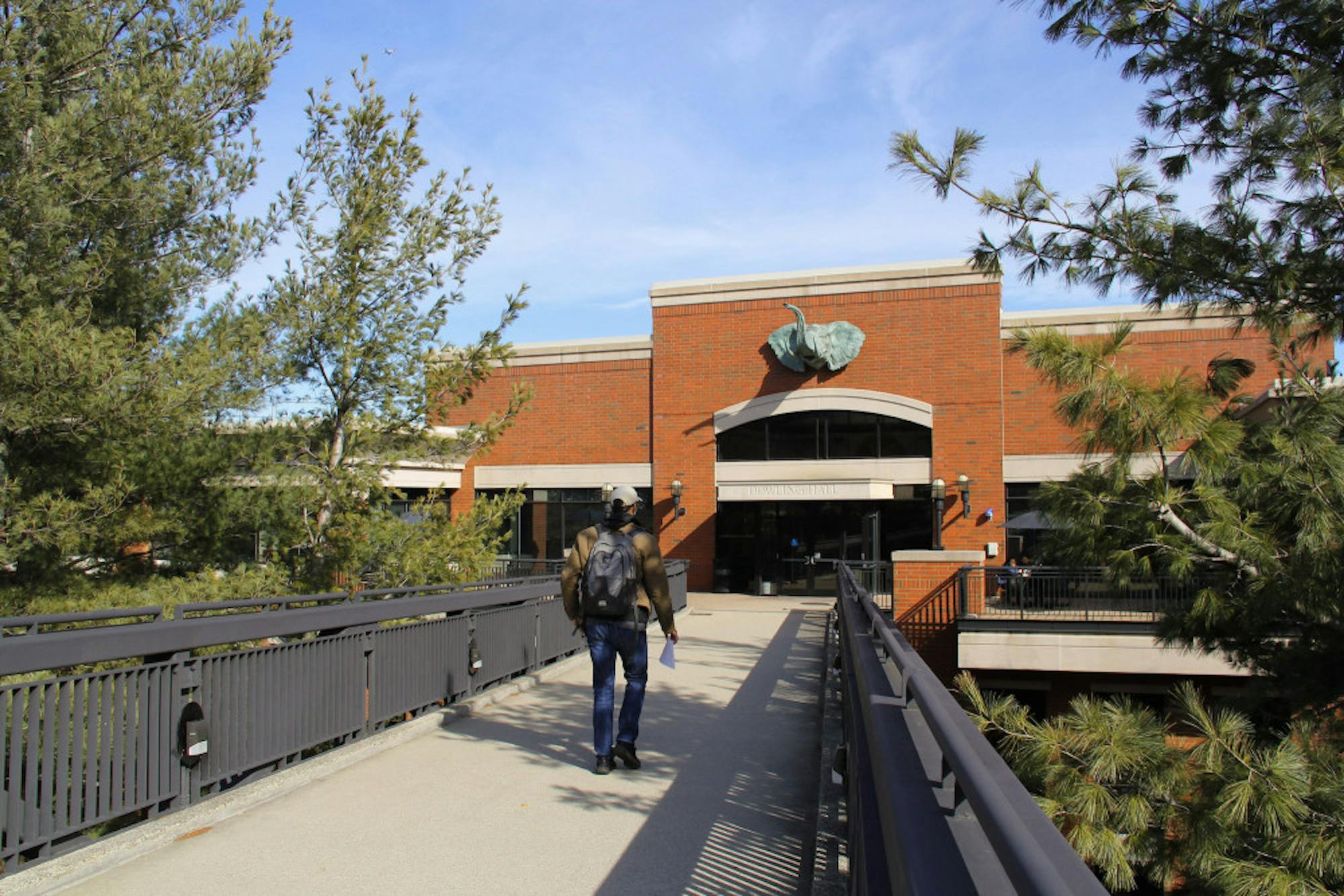The Academic Resource Center (ARC) merged with the Student Accessibility Services office earlier this semester to form the StAAR Center. The new center provides writing support, academic coaching and is responsible for approving student accommodations and ensuring that barriers to student learning are reduced.
Kirsten Behling, who previously served as the director of the Student Accessibility Services office and is the associate dean of student accessibility and academic resources, works to ensure that staff in the StAAR Center have the necessary resources to launch new initiatives to support students.
“I work closely with colleagues across campus both advocating on behalf of students’ academic needs generally and the needs of students with disabilities more specifically while also gathering information from faculty and staff as to the current needs of students,” she wrote in an email to the Daily.
Behling explained that the merger resulted from the offices’ shared goal of creating a more effective and efficient support structure for students. She said it ultimately allowed for the centralization of their work.
“For students [the merger] equates to less run-around, referrals to other offices, the need for additional appointments, and trying to find the services that they need specifically,” she said.
Behling added that staff in the new center are now cross-trained and can offer more creative and proactive programs to students.
“[Students] have more options for engagement. They might try a study group, or seek a one-on-one consultation with a writing tutor,” Behling said. “Students with disabilities will have easier access to these resources without cumbersome referrals.”
However, Behling noted that ARC tutors are uniquely affected by the merge, as it relates to the mode in which tutoring is conducted.
“We have shifted from a one-on-one subject tutoring model to a study group and small group tutoring,” she said.
The StAAR Center has also added a series of subject-specific workshops to its programming based on conversations and observations with faculty from various academic departments, according to Behling.
“Our workshop series for example ... [is] designed to support students at that particular time in the semester,” she said. “We have a StAAR Center Canvas page that any Tufts student can join to access [workshop] materials whenever they like.”
Katie Swimm, associate director for academic support at the StAAR Center, contributed to the development of a new Academic Coaching program, which supports the diverse academic needs of students and offers small group tutoring for certain courses, according to itswebsite.
Swimm explained that one of her goals is to promote the center to the larger Tufts community.
“My goal for this year is to make our new center known ... I want [students] to be aware of what we can offer and feel comfortable coming to us to ask for support,” she wrote in an email to the Daily. “I also want to encourage all students to try something new in terms of support, like attending one of our new workshops.”
Swimm echoed Behling’s sentiments about the benefits of the merge, especially as it allows students to receive support under a more modernized system.
“We can offer support without a lot of back-and-forth between groups. We’re able to provide a variety of options for each individual student with just one visit,” Swimm said.
She emphasized that another benefit of the merger is that staff can now answer questions using their different, cumulative experience.
Junior Ellie Murphy said she used ARC services in the past and is looking forward to using the academic resources of the StAAR Center this semester.
“I’ve used ARC in the past for my writing. It’s been a really helpful resource for me, specifically for essays that I’ve written,” she wrote in an electronic message to the Daily. “I haven’t used ARC yet this semester, but would definitely consider it ... I’ve had positive experiences with the program.”






